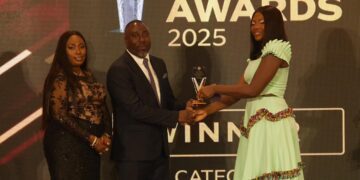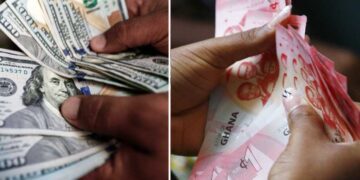[ad_1]
He said casting a slur on the reputation of these individuals and their institutions was harmful to their reputation and the national image.
He was briefing the media on COVID-19, on Wednesday, during which some of the experts involved in the testing and case management of the disease took turns to clarify some controversies over the national testing capacity and projection figures for pre-peak scenarios.
The Information Minister stated: “It is fair to raise questions about the data and science of their work on COVID-19, which is even a practice by the academicians themselves in peer reviews.
“What is not fair is to impute ill motive or intellectual dishonesty to the work of these experts who are breaking their backs to do this work in our common interest.”
He said these experts, including professors; virologists, epidemiologists, laboratory technicians, clinicians, among others, deserved encouragement and support instead of condemnation.
The experts, he added, were willing and available to provide explanations of the science and date they were churning out to enable journalists to educate the public appropriately.
The Minister urged journalists to always seek the right experts to offer their perspectives on issues in their fields; rather than engaging politicians, social commentators and critics who were not well versed in the technical issues at hand.
He said many of the opinions expressed in the media about the COVID-19 were inaccurate because of the lack of the requisite understanding of those who expressed them.
“You raise the questions and let the experts provide the opinions. Even in the medical field, there are people with different expertise, so we need to get the right persons to answer our questions in order to educate the public,” he said.
“When we are able to do this, it is good journalism. Anything short of that will confuse people, create fear and panic, which is a disservice to the country. Let’s stop putting out what we think on issues we don’t understand”.



















